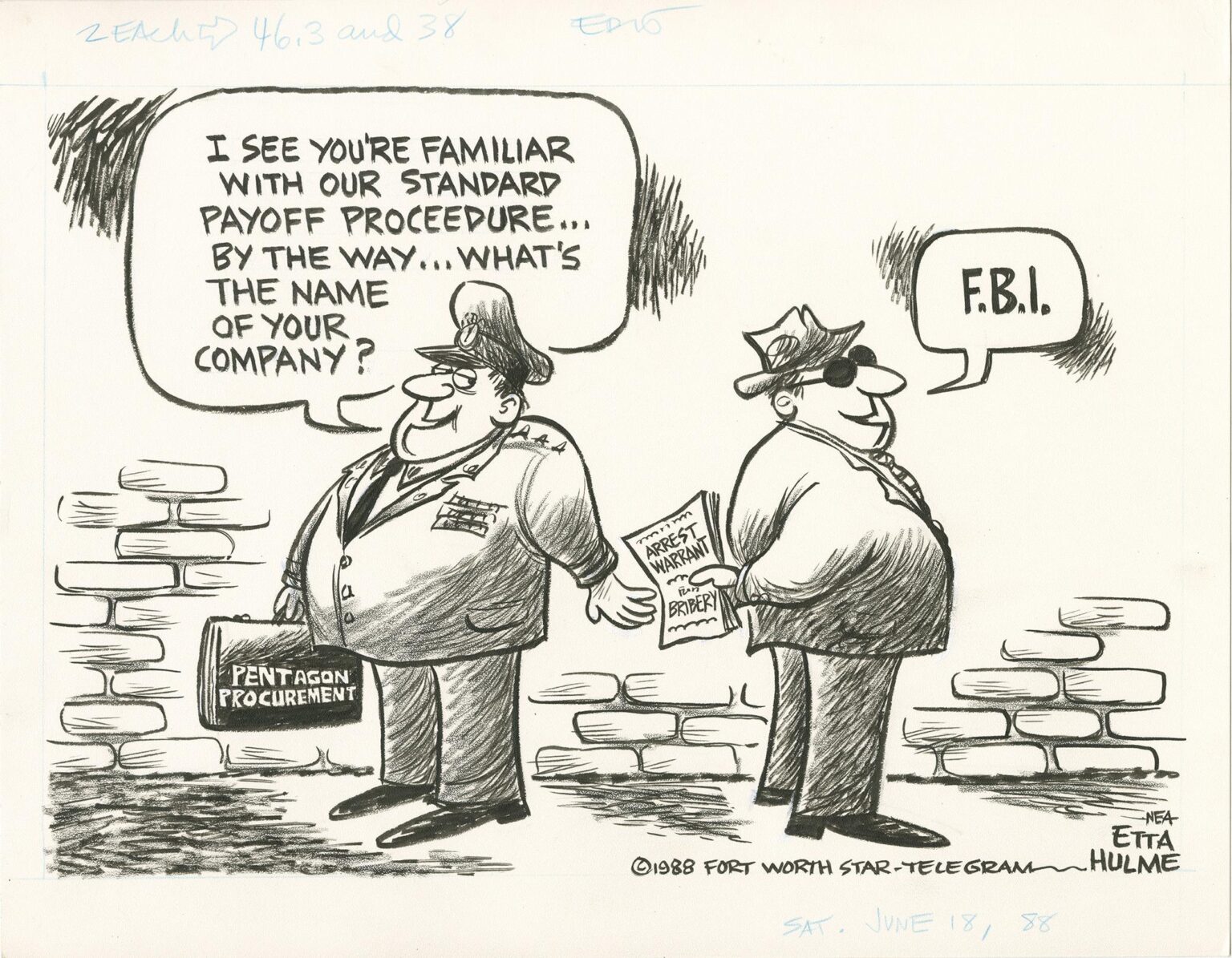In a quiet revolution within the realm of gun ownership, the SHUSH Act has emerged as a potential game-changer for firearms enthusiasts and industry professionals alike. The proposed legislation aims to loosen federal regulations on suppressors, also known as silencers, sparking both interest and controversy among advocates and detractors. To truly grasp the implications of this bill, it is essential to delve into the nuances of the SHUSH Act and explore its potential impact on the firearms landscape.
– Overview of the SHUSH Act and its Goals
The SHUSH Act, also known as the Silencers Helping Us Save Hearing Act, aims to relax federal regulations on firearm suppressors. By loosening restrictions on the purchase and ownership of suppressors, the legislation seeks to promote the use of these devices for hearing protection purposes among gun owners. This move is in response to concerns about hearing loss among shooters and the potential benefits of using suppressors to reduce noise levels generated by firearms.
The primary goals of the SHUSH Act include:
- Increasing accessibility: Making it easier for individuals to purchase and own suppressors without facing burdensome regulations.
- Promoting safety: Encouraging the use of suppressors as a means to protect shooters’ hearing and reduce noise pollution in shooting ranges and hunting areas.
– Implications for Gun Owners and Public Safety
The SHUSH Act, if passed, would have significant implications for gun owners and public safety. One of the main purposes of the Act is to loosen federal regulations on suppressors, also known as silencers. This could potentially make it easier for gun owners to legally purchase and possess these devices, which are designed to reduce the noise generated by firing a gun.
For gun owners, the SHUSH Act could mean greater freedom and ease in acquiring suppressors for their firearms. This could lead to a rise in the use of suppressors among gun enthusiasts and hunters. However, critics of the Act argue that loosening regulations on suppressors could also have negative consequences for public safety. They maintain that making suppressors more readily available could make it harder for law enforcement to identify and locate active shooters in emergency situations. Additionally, there are concerns that increased use of suppressors could lead to more gun violence due to the decreased audibility of gunshots.
– Analysis of Arguments For and Against the Legislation
With the SHUSH Act aiming to relax restrictions on suppressors nationwide, proponents argue that it will benefit gun owners by enhancing their shooting experience and protecting their hearing health. By making suppressors more accessible, enthusiasts can enjoy reduced noise levels and increased accuracy without compromising safety. This legislation could also stimulate the economy by boosting sales for gun manufacturers and retailers, creating jobs in the industry.
On the other hand, opponents of the SHUSH Act raise concerns about the potential rise in gun violence if suppressors become more prevalent. They argue that suppressors could make it easier for criminals to carry out attacks without attracting attention, posing a threat to public safety. Additionally, some critics fear that looser regulations on suppressors could make it harder for law enforcement to track and investigate gun-related crimes. The debate over this legislation underscores the complex balance between individual rights and societal well-being.
– Recommendations for moving forward with suppressor regulation
The SHUSH Act, introduced in Congress, aims to ease federal regulations on suppressors, which are currently classified under the National Firearms Act as firearms accessories requiring extensive background checks and a $200 tax stamp. This proposed legislation seeks to treat suppressors as firearms and regulate them through the Gun Control Act, potentially simplifying the process for acquiring these devices. However, there are recommendations for moving forward with suppressor regulation that should be considered to ensure the safety and accountability of gun owners.
Recommendations for moving forward with suppressor regulation:
- Implement a thorough background check system for individuals seeking to purchase suppressors under the Gun Control Act.
- Establish a national registry to track the ownership and transfer of suppressors, similar to the system in place for firearms.
Insights and Conclusions
the SHUSH Act represents a pivotal moment in the ongoing debate over federal regulations on suppressors. While some view it as a welcome loosening of restrictions, others raise concerns about potential risks to public safety. As the conversation continues, it’s important for all stakeholders to consider the complexities at play and work towards a balanced approach that prioritizes both Second Amendment rights and public safety. Only time will tell the ultimate impact of this legislation, but one thing is for certain – the SHUSH Act has sparked a conversation that will shape the future of firearm regulations in the United States.
